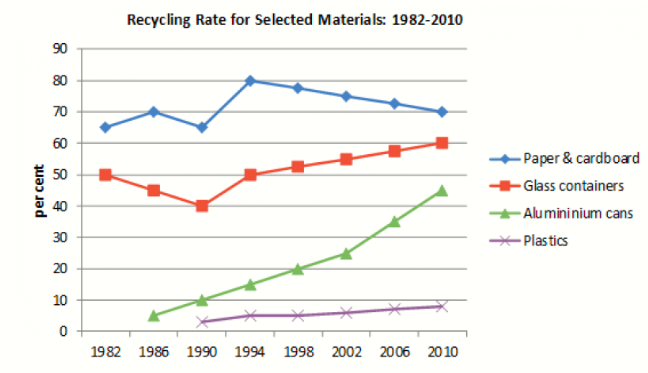In this day and age, language conservation has been receiving global attention. Some people argue that English should be taught at school and instead of local languages, while others are on the opposite side due to the risk of the extinction of them. Although learning an international language is vital for everyone, I strongly believe that local languages should be protected.
It is hard to deny that English plays a significantly important role in the society and economy. In terms of society, a communal language could connect individuals in a more convenient and consistent way. Since majority of people can speak solely one to two languages except for their mother tongue, English can be the language that everyone can learn and communicate with each other. In addition, this could make a great contribution to the economy on a global scale. Indeed, when all countries can cooperate without the language barrier, they can deeply understand others and boost the speed of the projects.
On the other hand, the fisrt language of each individual can not be abandoned due to its importance and the language should be conserved by several ways. First, the government could ensure that every school in their country need to have local language as a compulsory subject. Moreover, the lessons could be designed to be more interesting, making students passionate about studying their language. Second, the family could teach and communicate with their children in the first language, so that they can practice and learn their mother tongue at a young age.
In conclusion, learning English is essential for the development of the world in many aspectes; however, protecting the local languages from dying out is a must and to do that, the governments and families have to take the joint responsibilities.






 Đăng ký
Đăng ký 

Bạn cần đăng nhập để them gia bình luận